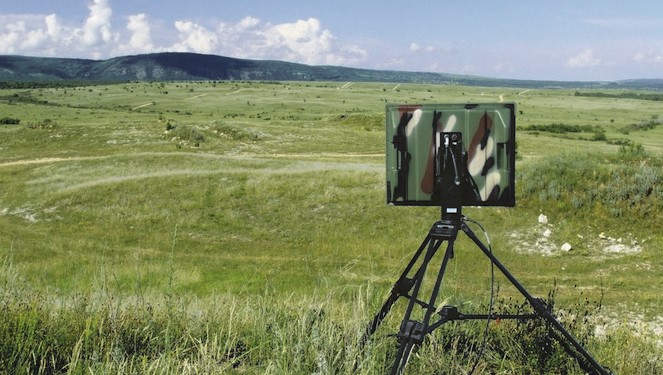
‘The Hungarian-owned company Pro Patria Electronics has signed a contract with Estonia to deploy state-of-the-art passive radar systems at the Baltic nation’s border points. However, it’s not the first success of the Hungarian company on the international defence market.’

The ceasefire between Israel and Hamas, which controls Gaza, lasted for two months. Currently, 59 hostages are still awaiting their release as Israel has once again resorted to military action against the terrorist organization.
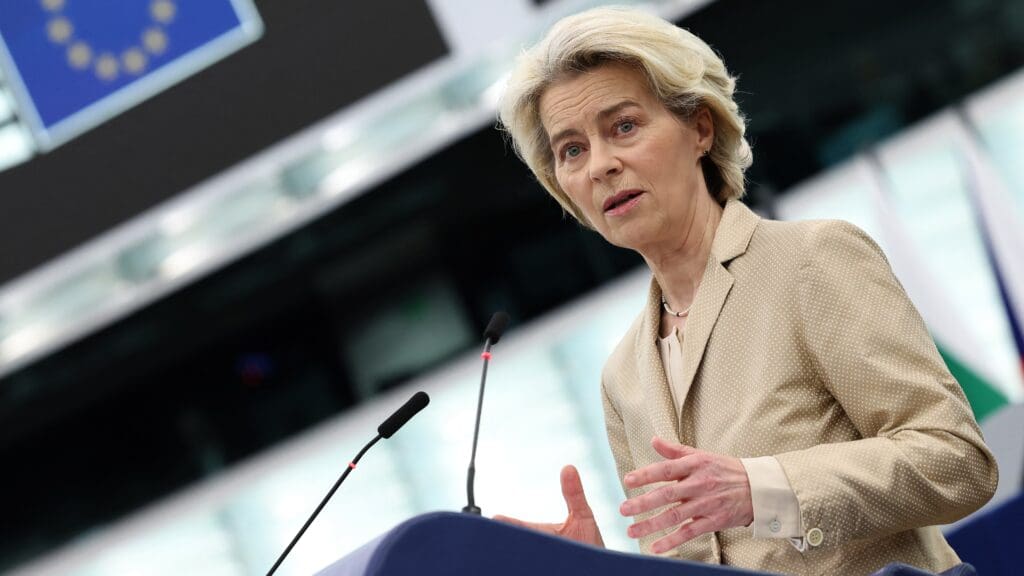
‘According to von der Leyen: “The question is no longer whether Europe’s security is threatened in a very real way. Or whether Europe should shoulder more of the responsibility for its own security,” but rather: “Is Europe prepared to act as decisively as the situation dictates? And is Europe ready and able to act with the speed and ambition that is needed?”’
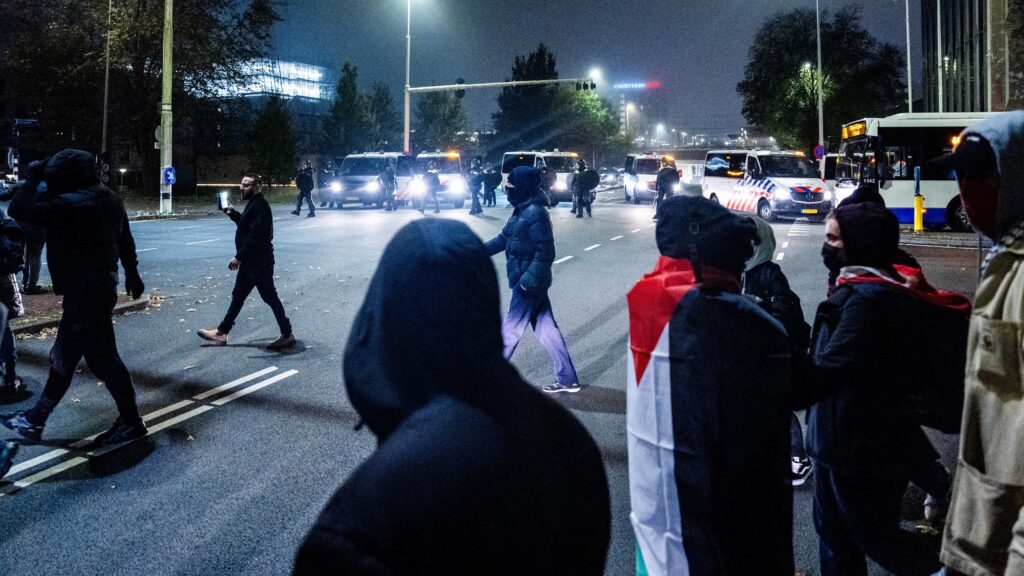
On the evening of 7 November 2024, following a UEFA Europa League match between Maccabi Tel Aviv and Ajax in Amsterdam, Israeli football fans were subjected to violent attacks by pro-Palestinian assailants. The incidents resulted in at least ten injuries, with three individuals reported missing. Videos circulating on social media depict attackers wielding knives, clubs, and vehicles, while shouting anti-Israel and pro-Palestinian slogans.
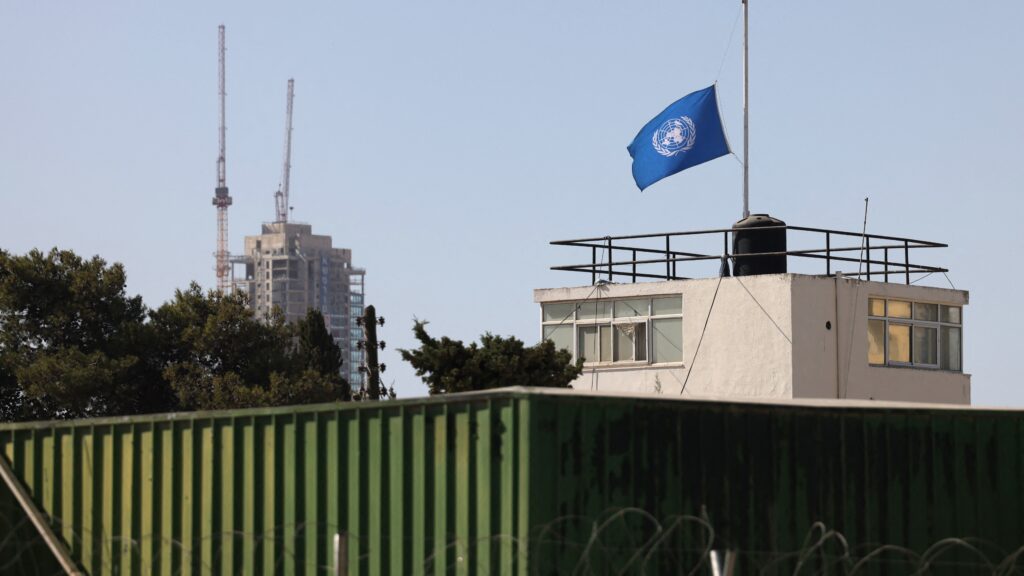
The new legislation that bans UNRWA from Israel follows extensive debates within the country. Members of the Knesset in favour of the ban have pointed out a disconnect between UNRWA’s mission and the agency’s actual impact. Israeli officials have described UNRWA’s operations in Gaza as ‘rotten’, underscoring doubts about the agency’s ability to provide impartial and effective services while the agency has long become corrupt, involved in the spread of radical ideas and terrorism.
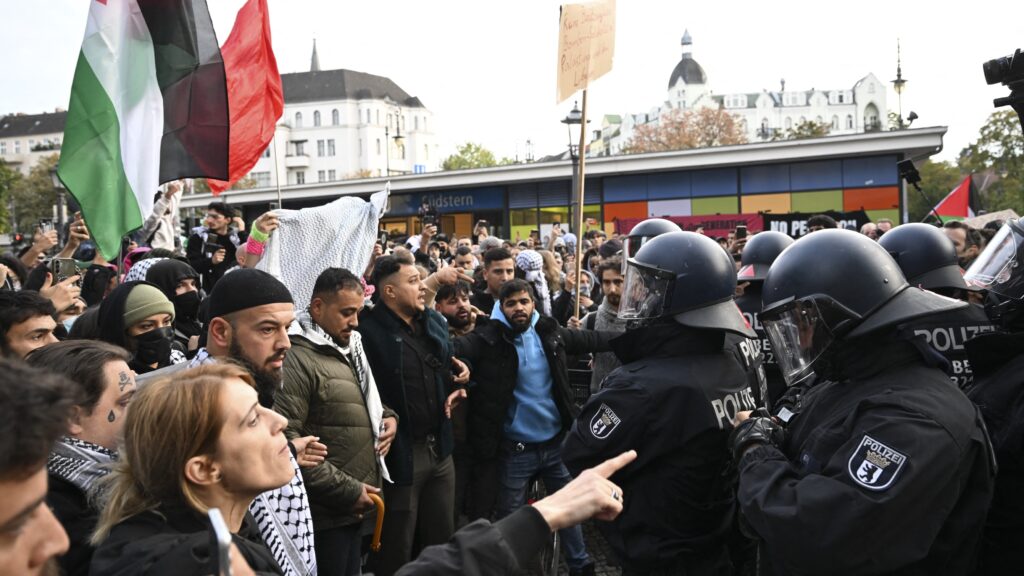
The crackdown on antisemites has sparked controversy, with critics accusing the government of infringing on free speech and conflating legitimate political expression with antisemitism. Notably, the German police have been actively disrupting pro-Palestinian gatherings for some time now. For example, a recent conference in Berlin was shut down after authorities raised concerns that speakers might incite violence or express antisemitic sentiments.

In a joint interview with General Gábor Böröndi granted to Index, Hungary’s Defence Minister Kristóf Szalay- Bobrovniczky stressed that Hungary’s autonomous, truly deployable and combat-ready armed forces are key to the country’s defence, because if a member state does not have a strong military, NATO membership is not sufficient protection.

While the intensity of the widespread protests across the country obviously varies from university to university, students seem to have come a long way from peacefully expressing solidarity with Palestinian civilians and opposition to the war. The slogans accusing Israel of genocide, calling for a free Palestine and relativising Hamas’ atrocities are only the mildest versions of the chants repeated by the students. According to a Jewish-American student at Columbia University, he has heard chants on campus in recent weeks such as “Burn Tel Aviv to the ground’; “Globalize the Intifada”; “We are Hamas”; “October 7 will happen again and again”, and “Go back to Poland”.

The bill will now go to the Democratic-majority Senate, where it is not expected to face any obstacles and could be signed by President Joe Biden within a week. Hard-line Republicans have again vowed to impeach House Speaker Mike Johnson for bringing the proposal to the House floor.
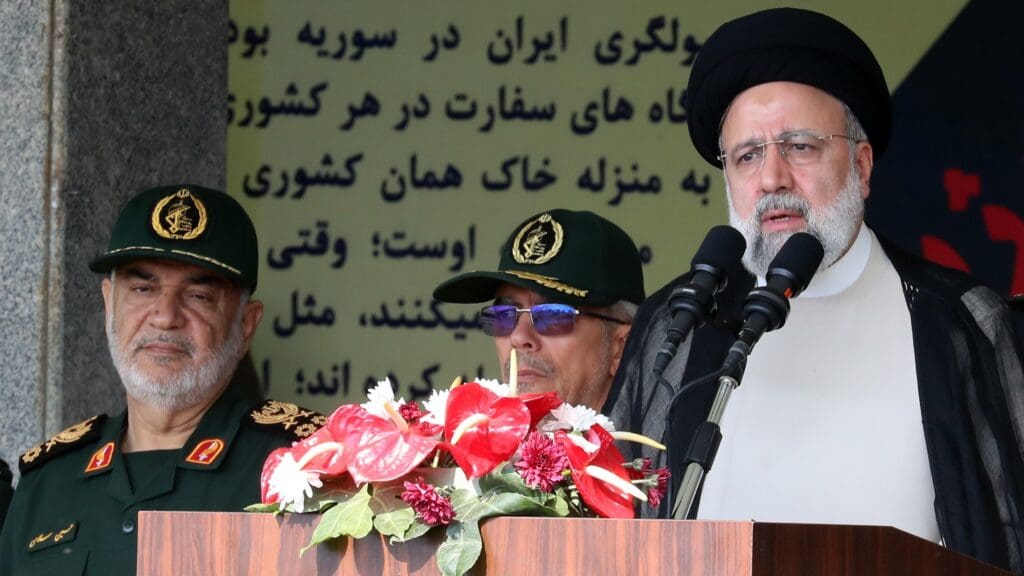
In a recent op-ed John Bolton argues that the White House failed to recognize that the real conflict in the region is not between the Palestinians or Arabs and Israel, but Iran’s war against Israel.

Hungarian Conservative is a quarterly magazine on contemporary political, philosophical and cultural issues from a conservative perspective.